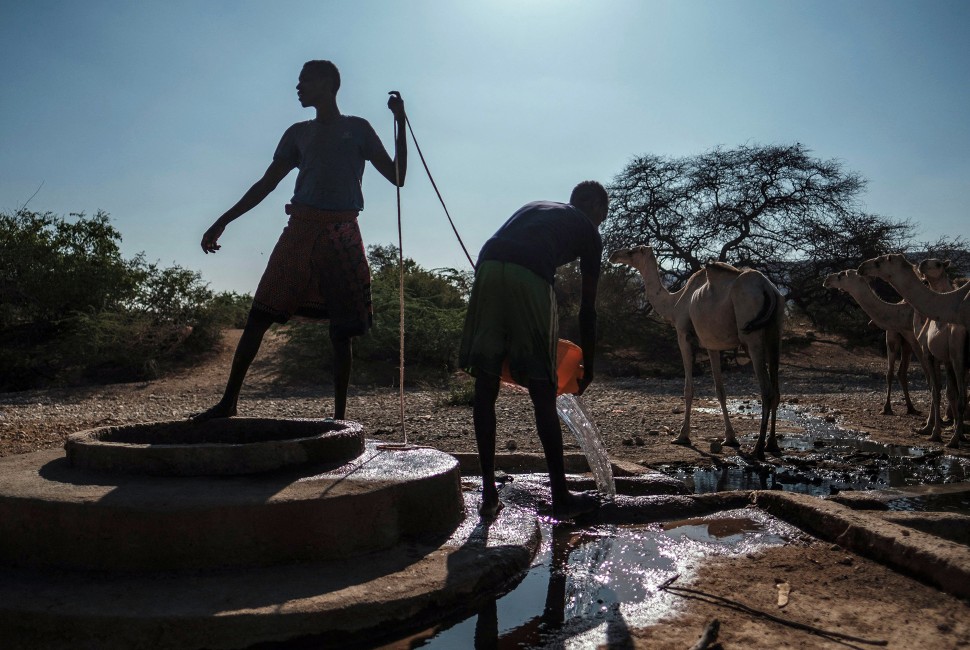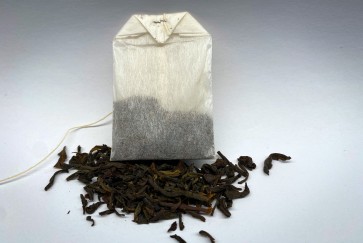As populations around the world grapple with water security challenges that threaten lives, livelihoods and political stability, this year’s World Water Day on March 22 highlights the ways in which water can be a resource that not only gives life but also generates peace.
The Center for Strategic and International Studies (CSIS) will host a World Water Day livestream featuring anthropologist and global health researcher Sera Young of Northwestern University and CSIS Global Food and Water Security Program experts.
Young will discuss the Water Insecurity Experiences Scale (WISE), an innovative tool designed to measure universal experiences with water insecurity, and inform development action and policy implementation.
Young also will share key findings based on nationally representative data from a global poll of 40 low-, middle- and high-income countries on water insecurity. These results build on the findings of the previous Gallup World Poll in 2021 which surveyed 31 countries.
Nationally representative data collected for nine additional countries, including Peru, Afghanistan, Palestine, Madagascar, U.S., Australia, Tonga, Mexico and Indonesia, will be made public for the first time during the World Water Day livestream.
“Living the Global Water Crisis” will begin livestreaming at 11 a.m. CDT on Friday, March 22. Following the livestream, a recording of the event and infographic reports on water insecurity experiences for the individual countries polled will be available on the CSIS Global Food and Water Security website.
The impact of making water insecurity more visible through use of the WISE scale, which surveys individuals on 12 experiences with access, use and reliability of water, has been significant.
“People are seeing how the human voice adds real value to the standard physical measurements of water security. We now have examples of tangible real-world impact of these data,” Young said.
One such example is the predominantly aboriginal community of Walgett, New South Wales, Australia, where community organizations had petitioned the government for years to address the high salinity of the local groundwater which was posing substantial health risks and exacerbating conditions like hypertension, renal problems and diabetes.
The situation changed dramatically in 2022 after community-led surveys showed that 44% of the residents experienced moderate-to-high water insecurity, far higher than the national prevalence of 1%. The resulting policy brief, widely covered by the Australian press, led to a coordinated government response.
The researchers now estimate of the approximately 3.7 billion adults in the 40 countries represented by the Gallup Poll data, 494 million experienced moderate-to-high-water insecurity, while 696 million experienced mild water insecurity in the previous year.
“It’s exciting to see rapid uptake of the WISE tool by so many organizations and governments. For example, Mexico’s National Institute of Public Health has used the WISE Scales annually since 2021,” Young said. “Those findings have made a big difference in how Mexican states, like Nuevo León, are responding to water crises.”
An accurate snapshot of global water insecurity matters not only because of the intrinsic value of water, it also reveals how climate change affects humanity.
“If climate change is a shark, water is the shark’s teeth,” Young said. “It’s easier to look ‘okay’ in terms of water security when you look at the availability of water or the infrastructure in a community than it is when you ask about people’s lives.
“Think about Flint, Michigan. According to official physical indicators, folks were fine. But when you asked residents, you heard something quite different. And it turns out, they knew what they were talking about.”
Young will present highlights from the forthcoming WISE Impact Report in a hybrid event at the Shard in London on Wednesday, March 27 at 10 a.m. CDT.
Registration is required to watch the program virtually. “Measuring human experiences to advance safe water for all” is co-sponsored by Gallup, the Innovative Methods and Metrics for Agriculture and Nutrition Actions (IMMANA) program and the Institute for Policy Research at Northwestern.
Current WISE research is made possible by the Leverhulme Foundation, the Roberta Buffett Institute for Global Affairs and the Paula M. Trienens Institute for Sustainability and Energy.


